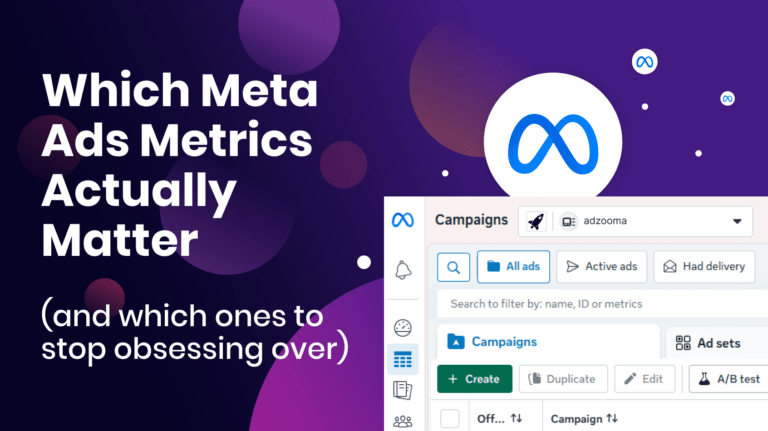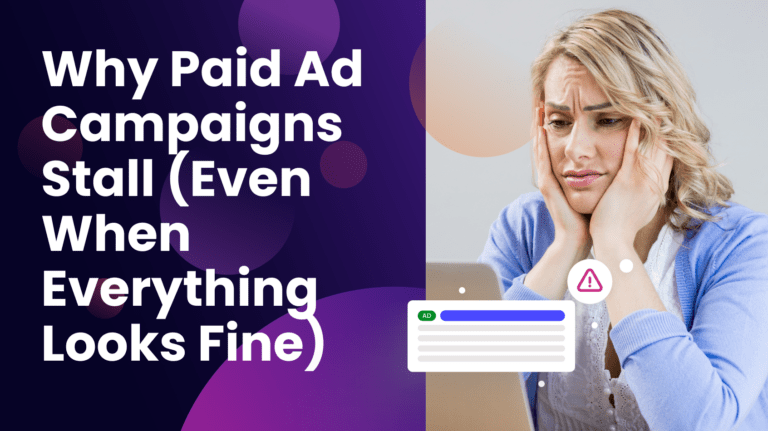Search engines offer a range of bid strategies designed to help advertisers react more quickly to auction conditions, placing appropriate bids for a given keyword, query, or audience. All bid strategies make decisions to best meet an end goal; we just need to make sure the strategy has the information it needs to do so.
First things first; what is a bid strategy?
Bid strategies offer an automated, or algorithmic alternative to manual bidding. When a bid strategy is set up, you’ll need to provide details such as the bid strategy goal, and any relevant parameters, for example, the maximum amount you’re comfortable bidding, or the lowest return on investment the bid strategy should be aiming for. Once the strategy has been set up, your bids will automatically fluctuate depending on how beneficial the strategy deems a certain option to be against your objective.
How do bid strategies work?
Bid strategies are available for a range of goals, from target impression share (or CPM models for display campaigns) and click volumes to ROAS, or return on ad spend. When your ad is eligible to enter an auction, the bid strategy will take many factors into account in order to reach a decision as to whether your ad should enter the auction and if so, what the optimal keyword bid would be. In order to assess potential benefits, the bid strategy will also reference past performance data to learn from previous auctions which were successful or unsuccessful against your objective.
What’s this got to do with conversion tracking?
Considering the bid strategy references performance data in order to make decisions, it’s imperative that the relevant data is available within your engine account. For impression or click-based bid strategies, this data is recorded within your account as standard, however, conversion data only becomes available within your account once the conversion tracking tag has been implemented, and the conversion event has been configured within your account. Without conversion tracking, bid strategies that need to reference conversion data won’t be able to function, and therefore will not show as available options within your account.
Which bid strategies require conversion tracking?
Smart Bidding is Google’s suite of conversion-based bid strategies. Smart Bidding uses ‘auction-time bidding’, a machine learning function that enables the engine to optimize your bids for optimal conversion performance. Smart Bidding takes broader contextual signals into account when choosing a bid, including the device, operating system, language, location, and time of day; as you can imagine it would be impossible for a human to consider all of these elements in the moment.
There are several Smart Bidding strategies available, each requiring conversion tracking data to function:
- Maximise Conversions: This strategy will aim to achieve as many conversions as possible within your budget.
- Target CPA: Provide a target cost-per-acquisition (the amount you’re willing to pay to achieve a conversion) and this bid strategy will aim to increase conversions within this cost.
- Target ROAS: This strategy aims to achieve the highest return-on-ad-spend (similar to ROI). In order to use this bid strategy you’ll need to assign a value to your conversions so the system can accurately gauge the revenue you’re receiving when a conversion is recorded. This is how your ROAS is then calculated.
- Maximise Conversion Value: Similar to Target ROAS but with the aim of achieving the highest conversion value within your budget. For example, if there are three different products that your customers can purchase from your website and each has a different retail price and margin, this bid strategy will aim to make decisions to achieve conversions with the highest value as opposed to simply maximizing the number of conversions received.
Smart Bidding in 3 Steps
To reap the rewards of Smart Bidding, just follow these steps:
- Install the conversion tracking tag on your website
- Configure your conversion events within your account (Providing a name, tracking method, value, etc)
- Apply your chosen bid strategy to your campaigns and keep an eye out for parameters that may need to be tweaked.
Conversion tracking is a key component of a successful search campaign; configure your conversion events and discover how Smart Bidding can help to accelerate your campaign performance.




